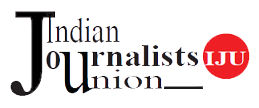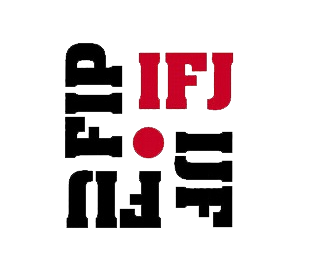February 07, 2014 : The Indian Journalists Union (IJU), the premier and most representative media trade union in the country, has welcomed the judgment of the Supreme Court upholding the constitutional validity
of the recommendations of the Majithia Wage Board for working journalists and other newspaper employees and Working Journalists and other Newspaper Employees (Service Conditions and Miscellaneous Provisions) Act 1955.
The newspaper managements had challenged the constitutional validity of the Wage Boards recommendations for the working journalists and other newspaper employees before the Supreme Court. They contended that the wage boards and the Working Journalists Act were archaic and were ultra vires of the Constitution.
The division Bench of the Apex Court consisting of Chief Justice P. Sathasivam, Justice Ranjan Gogoi, and Justice Shiva Kirti Singh rejected the contentions of the managements and held that “the recommendations of the Wage Boards are valid in law, based on genuine and acceptable considerations and there is no valid ground for interference under Article 32 of the Constitution of India”. The bench also rejected the plea of the managements that the Working Journalists and other Newspaper Employees (Service Conditions and Miscellaneous Provisions) Act 1955 was ultra vires of the Article 14 of the Constitution and said that the contention that the Act was “violative of fundamental rights is wholly unfounded, baseless and completely untenable”.
In a statement issued in New Delhi, the IJU President S N Sinha, Secretary General Devulapalli Amar, expressed happiness over the Supreme Court Judgment saying it was a clear victory for working journalists and other newspaper employees, in their long-drawn battle. The two urged upon the Central and State Government to ensure speedy implementation of the Supreme Court order.
At the same time, they demanded that all newspaper and news agency managements immediately implement the wage board’s recommendations in Toto from November 2011 and pay the arrears in four equal quarterly installments as directed by the Supreme Court.
Both Sinha and Amar also impressed upon State Governments to immediately take steps to force the erring employers to fall in line and see that the recommendations of the wage boards were implemented fully. They stated that the State governments should immediately activate the Tri-partite Committees to oversee the implementation of the statutory wages to all working journalists including the rural journalists.





